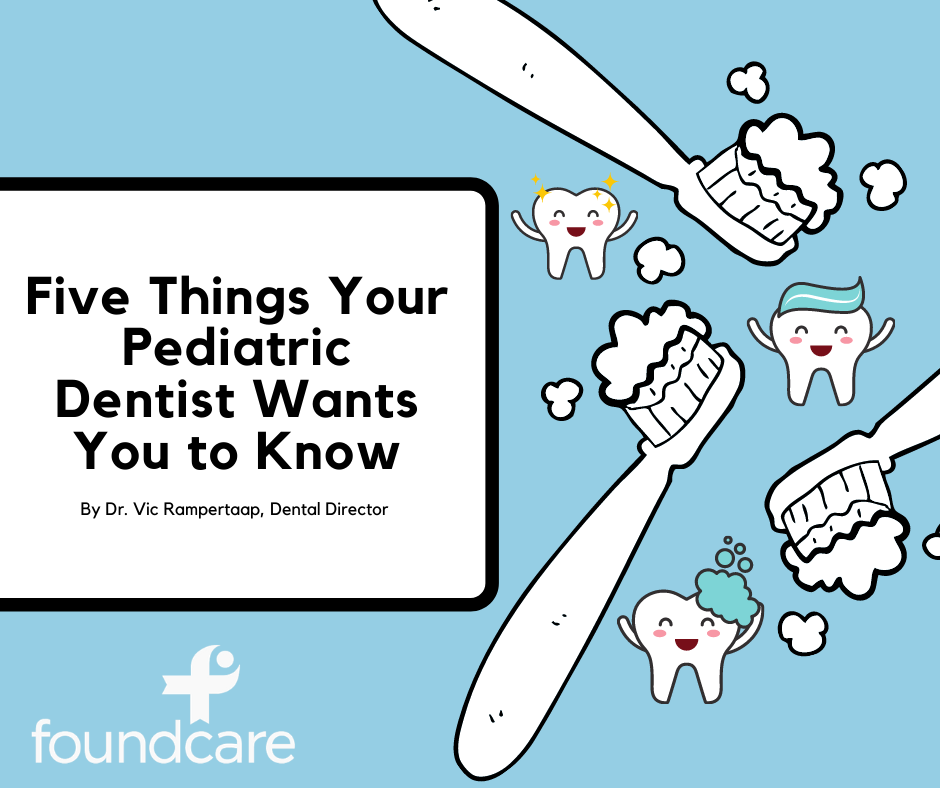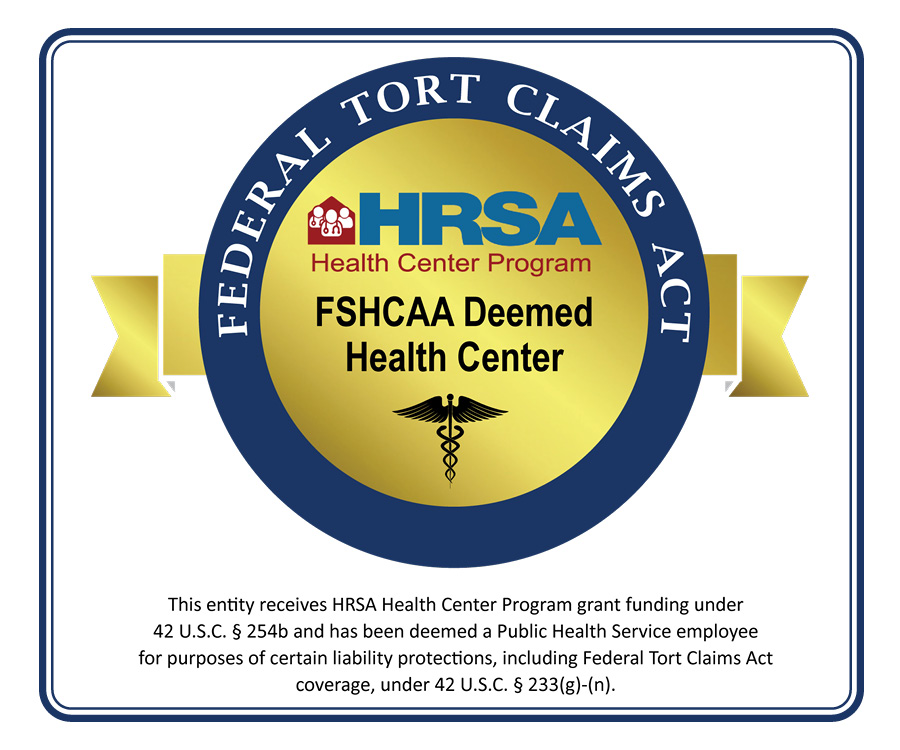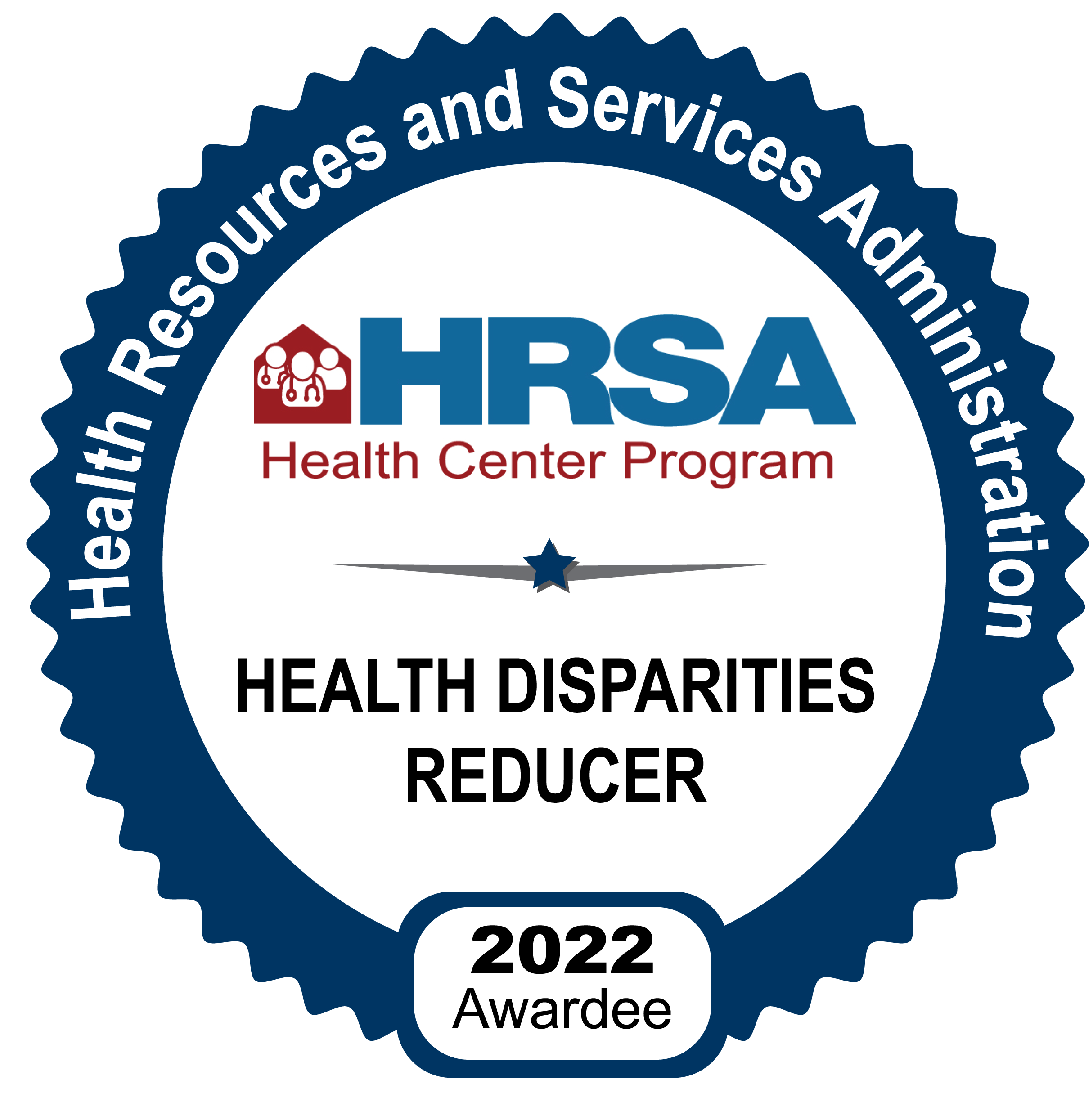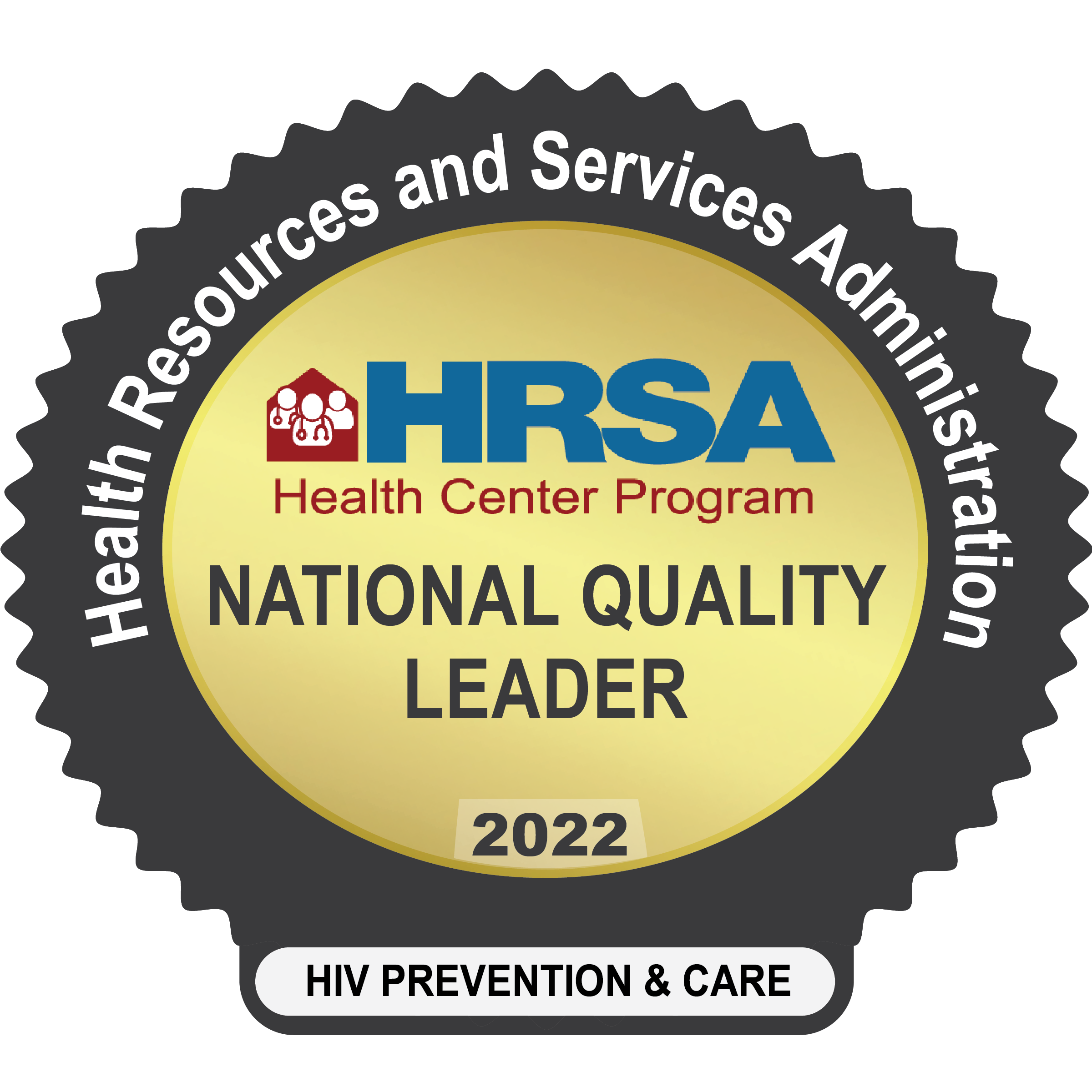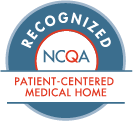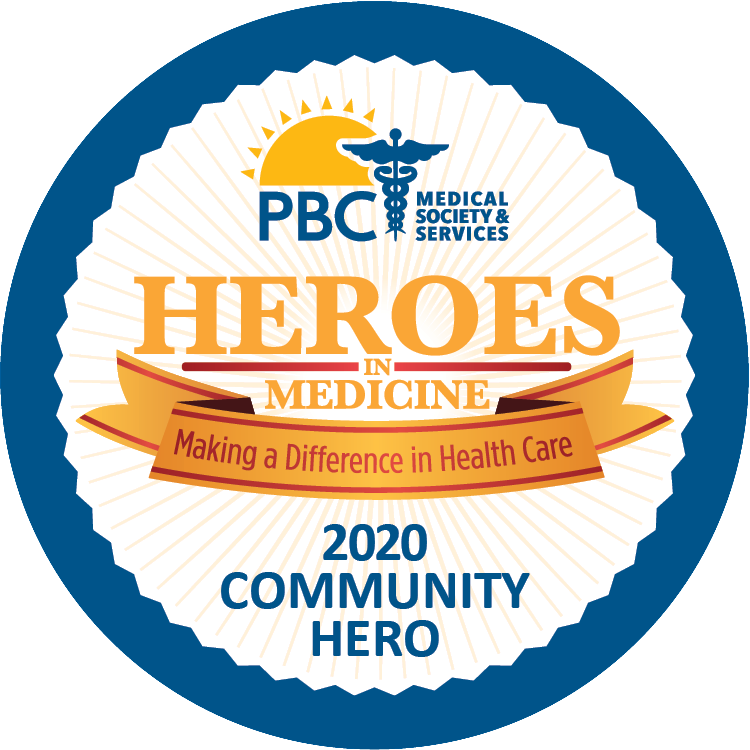
By Dr. Vic Rampertaap, Dental Director
Schedule your child’s first dental visit by their first tooth or first birthday.
New parents often ask, “When should my child first see a dentist?” It’s never too early to start focusing on your child’s oral health. The American Association of Pediatric Dentists recommends that parents establish a dental home for their child by their first tooth or first birthday. During this time, parents/guardians will have the opportunity to ask questions and address any dental concerns. Parents can expect a dentist to gently swab the child’s mouth to check the gums and any erupted teeth. As the child starts teething, the dentist will monitor their progress and implement preventative measures, if necessary.
Protecting tiny teeth now will help avoid costly health complications in the future.
Baby teeth play a fundamental role in saving space for permanent teeth. Baby teeth stay in a child’s mouth for 8-10 years and can affect their speaking, chewing, and of course, smiling. Baby teeth can also indicate a child’s overall quality of health. Untreated tooth decay can cause oral infections that enter the bloodstream, which leads to other serious health problems if left untreated.
Early childhood tooth decay has become the most common chronic childhood disease, impacting more children than asthma.
According to the ADA, more than 40% of children have tooth decay by kindergarten. Additionally, kids who suffer from poor oral health are three times more likely to miss school due to dental pain.
If your child needs to sleep with a bottle, water is the safest option.
One significant oral health risk for infants and young children under the age of one is baby bottle tooth decay. Bottle tooth decay occurs when a child consumes sugary liquid and the bacteria in their mouth consume the sugar and produce acid. This acid attacks the enamel on baby teeth, which triggers tooth decay after continued exposure. Liquids that contribute to this condition include milk, formula, fruit juice, soda, and other sweetened drinks.
Daily brushing AND flossing are essential to good oral health.
While daily brushing is a significant part of a child’s oral hygiene routine, bacteria that cause tooth decay can still linger between teeth where the toothbrush can’t reach. That is why it is important to help your kids incorporate flossing into their daily routine along with brushing.

